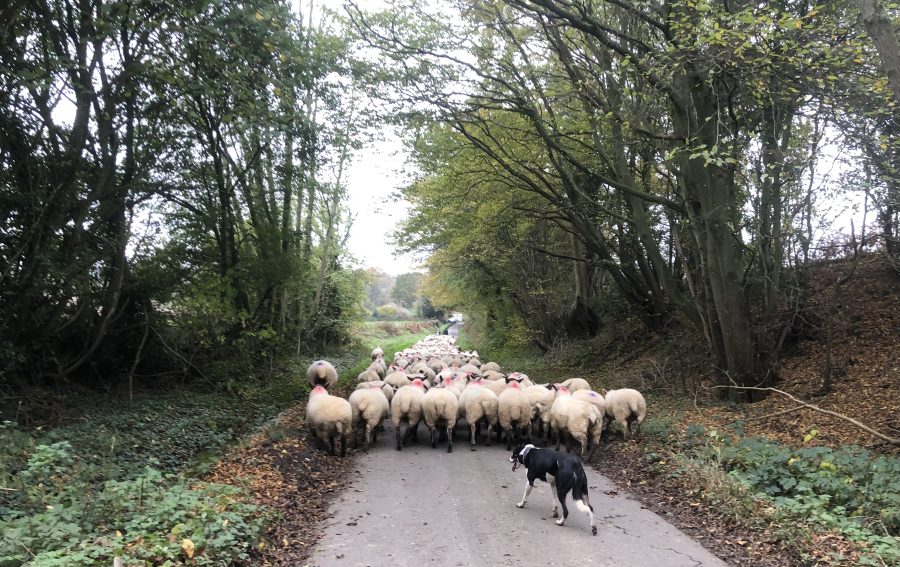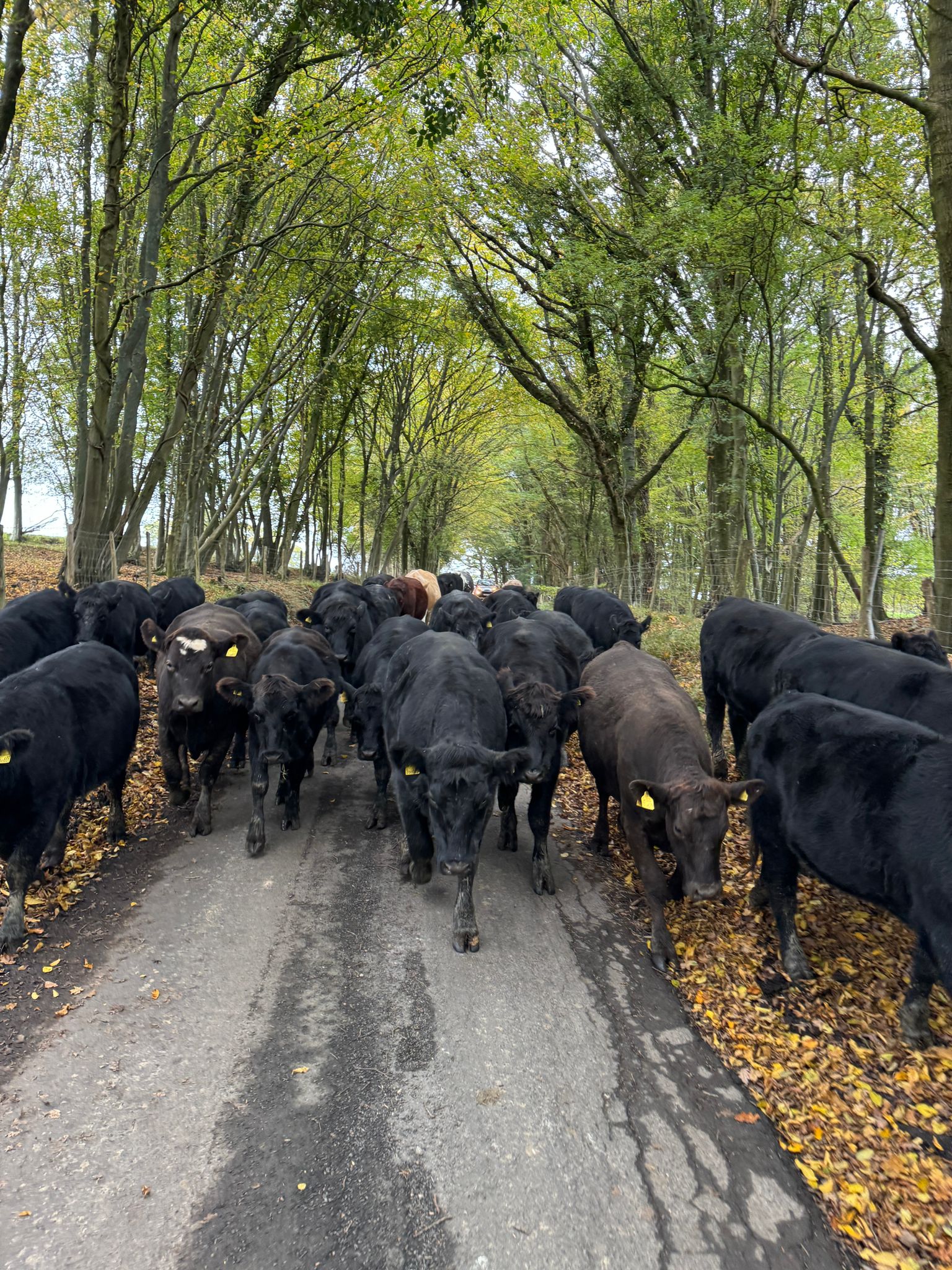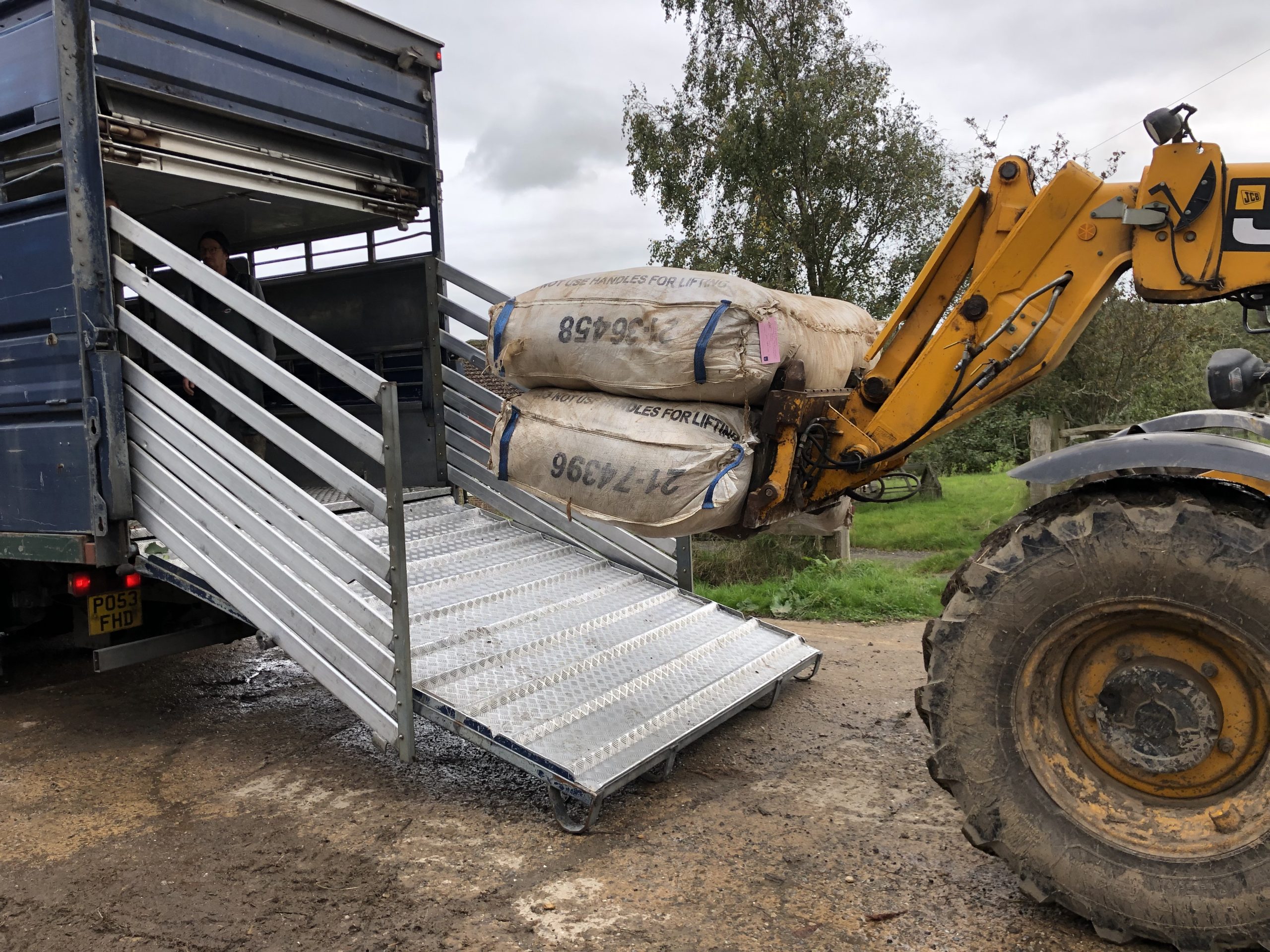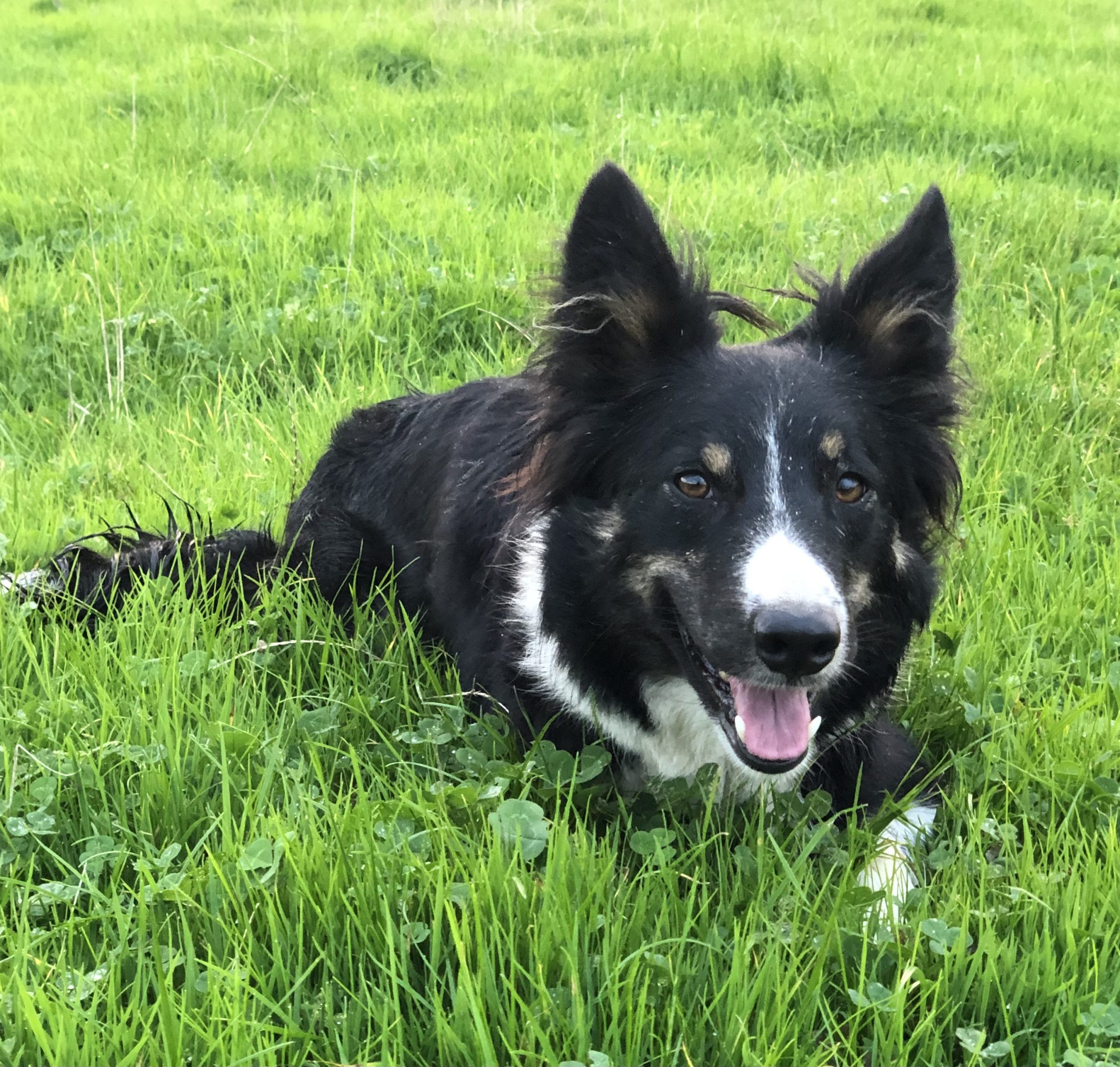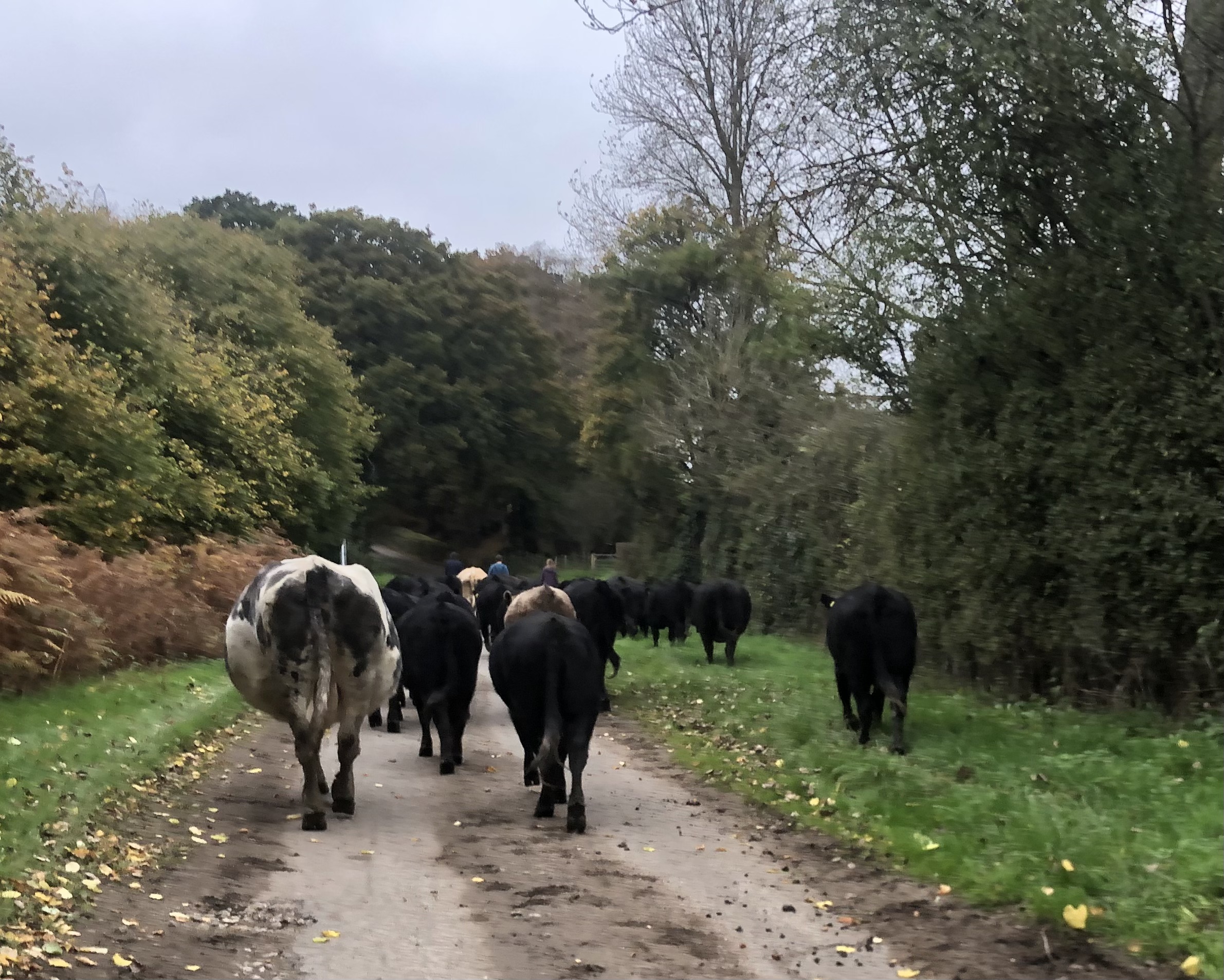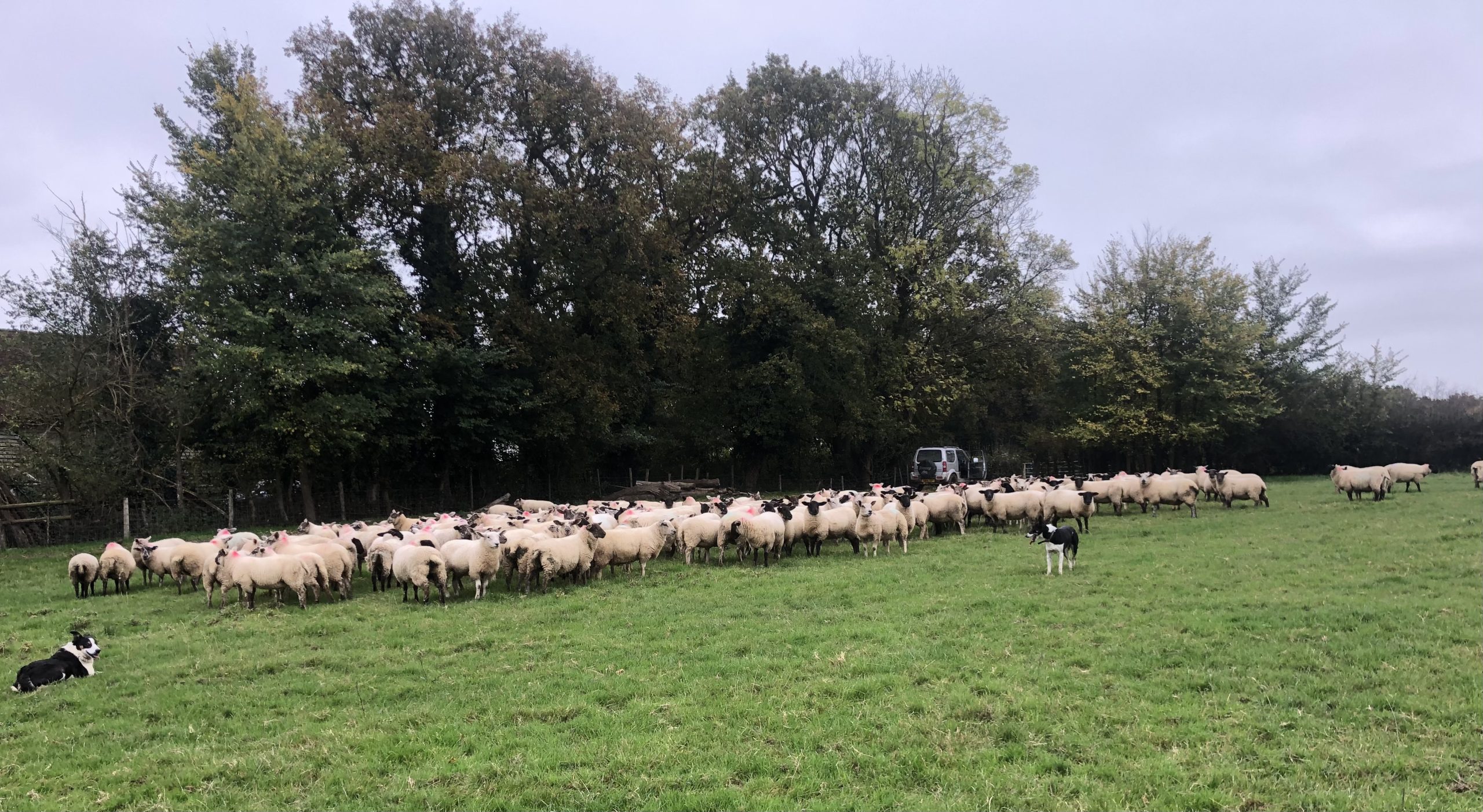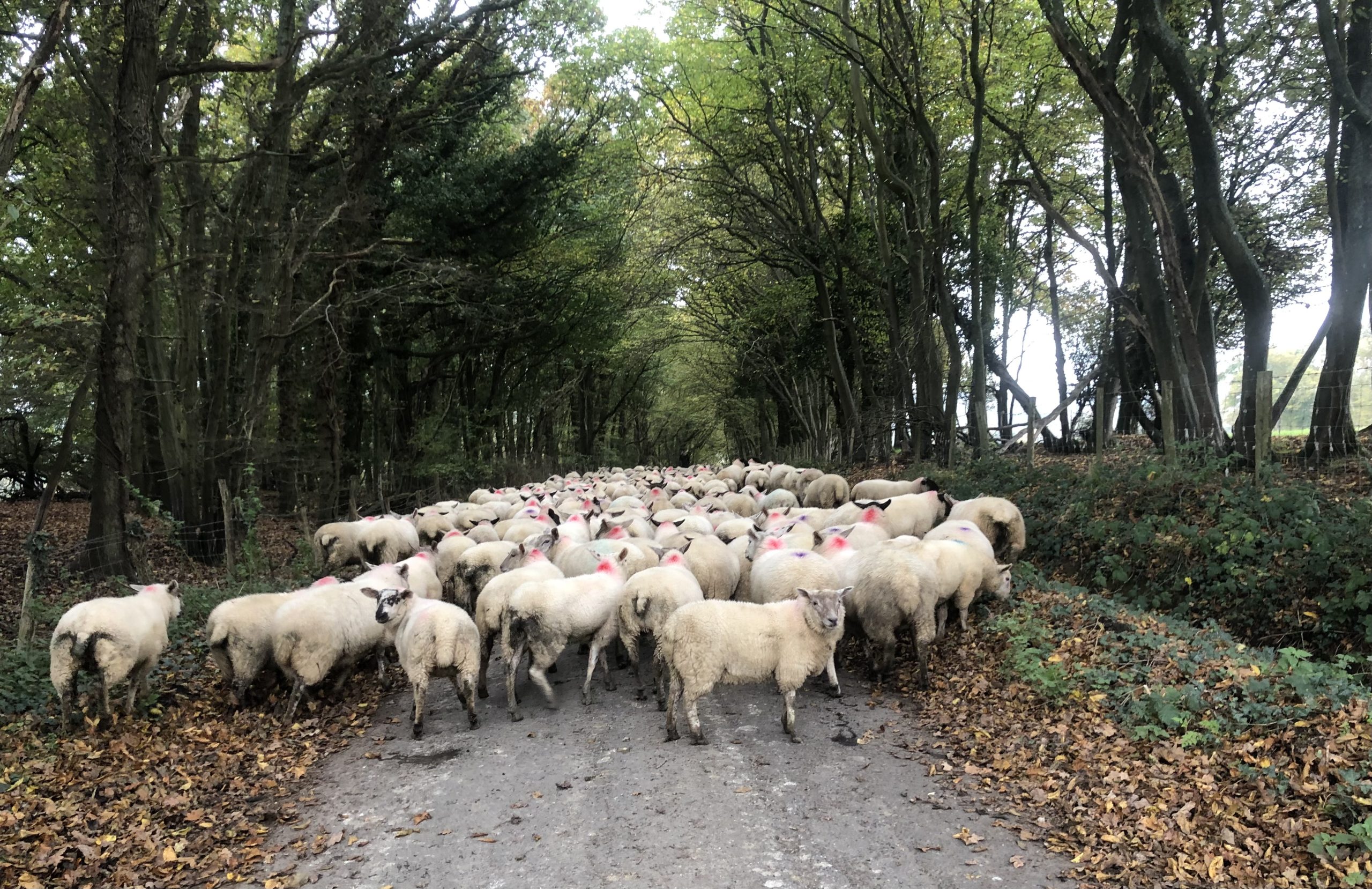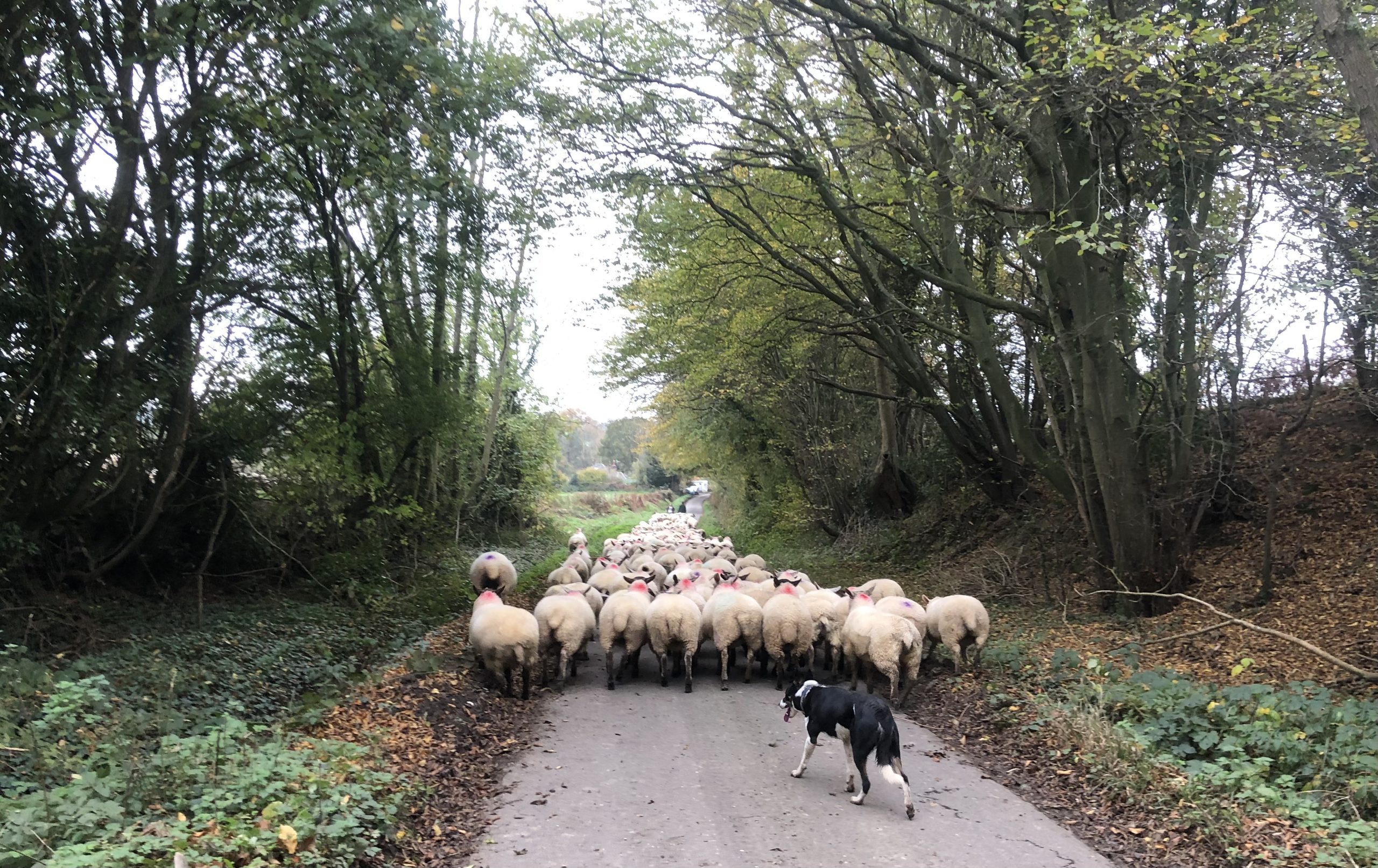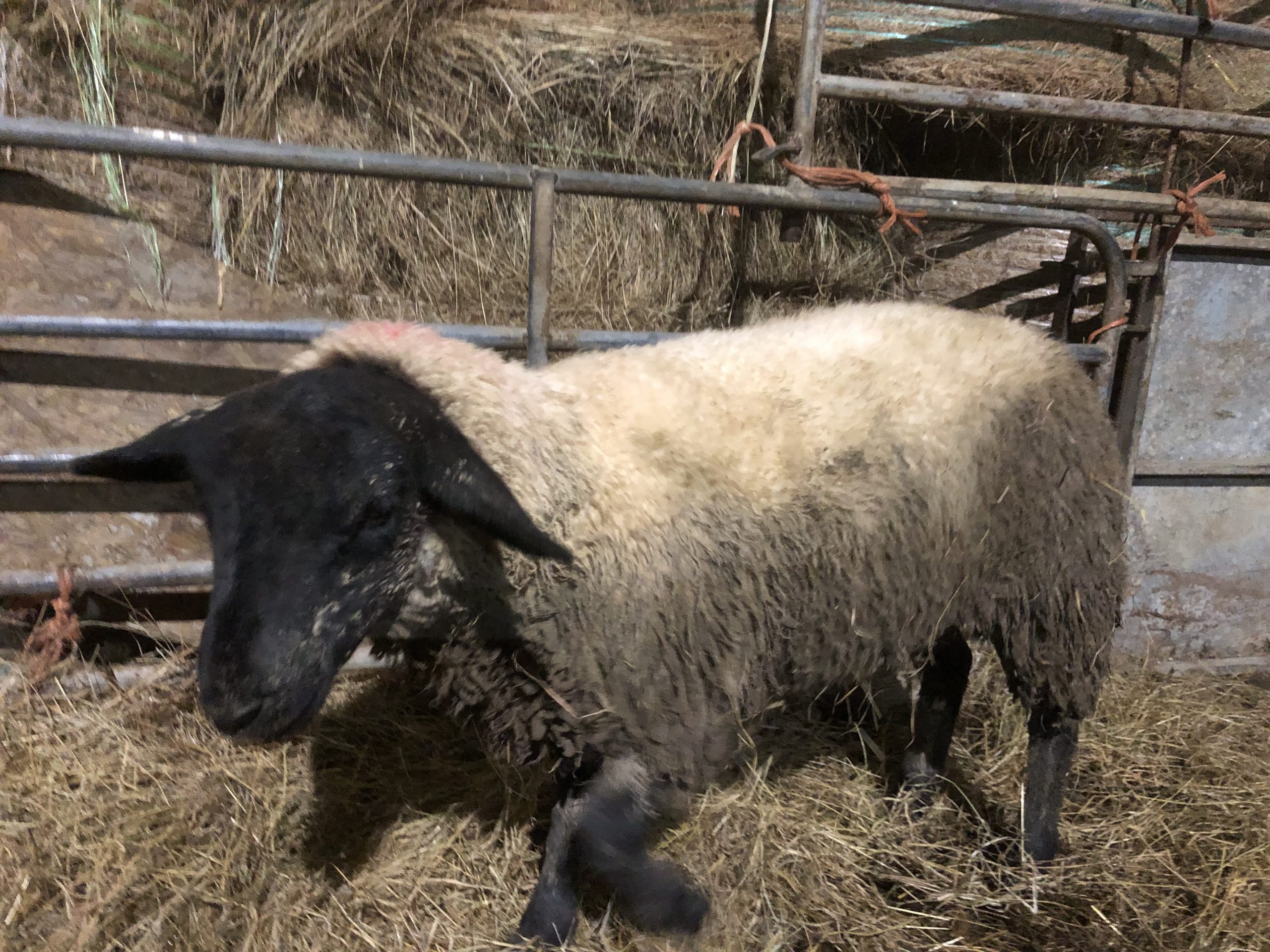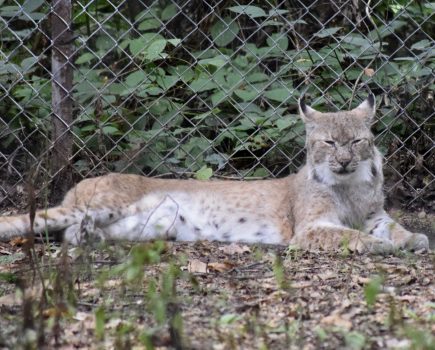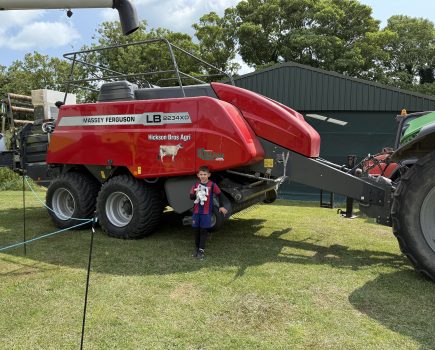I recently read a description of Russian peasant life in 1910 which portrayed the land as being both a blessing and a burden. It spoke of the pride in teaching skills and values passed through the generations, fostering resilience and devotion to the soil. Despite the hardships there was hope for the future in a rapidly changing world. The sentiments resonate even 114 years later, though sadly the Labour Party has put a spanner in the works regarding the passing down of land.
Have you noticed how politicians change their tune? Promises made before elections rarely align with what is delivered afterwards. It’s no wonder people are becoming disillusioned. All parties claim that they want to grow the economy and state that they care about food security, but to my thinking “they don’t half go about it in a strange way”.
While I understand the focus on raising revenue, I’m doubtful that they fully grasp the long-term implications of their decisions on agriculture. The love of the land, once a source of pride, risks becoming more burden than blessing.
If everything is looked at in hard monetary terms, it threatens the essence of farming, a way of life that isn’t all about profit. During busy seasons, when establishing crops or harvesting, lambing or calving, much effort is made to get successful results, often involving working long hours. But how many farmers charge the business for this time? The price we receive for our produce rarely covers this time, but we do it anyway, because it’s satisfying and you want to do the best for your animals and land.
Just last week, I found one of my better lambs lying down with its head curled around. It staggered to its feet and began to walk in circles. I had noticed a couple of lambs licking the ground near a Himalayan salt block earlier. Much to the sheepdogs’ disapproval, I popped the lamb into the back of Jimny because, suspecting Listeriosis, I knew it would need a lot of input to recover, so brought it back to the farmyard.
It’s still alive, showing signs of improvement. If it survives, it will make me so happy, I won’t care that it’ll be the most uneconomic lamb we’ve produced. If it dies, I’ll be upset and it’ll cost me £60 for disposal.
Personally, I’m not in farming to avoid paying tax. We’re attempting to make a living out of something that we enjoy doing. We take pride in our work producing food for the growing population that needs to eat. When supermarkets report record profits, it’s galling for food producers like us. Why can’t governments help to facilitate a fairer functioning food supply chain?
Granddaughter Anna has named my poorly lamb Saffron. Passing on farming skills and knowledge to younger generations is both fun and rewarding. Whether they will be able to follow on farming remains uncertain, but I try not to dwell on what’s out of my control, instead focusing my energy on things that I can manage, like keeping my lambs contained within the field they’re supposed to be grazing.
Much to my annoyance, the little devils are becoming escape artists. I need to draw out the ewe lambs that I’ve marked as keepers and start getting the fattening ones into market, take out my cull ewes, raddle up the tups and put them n with the keepers; time flies faster than me.
On the good news front, transporting the cattle back from the marshes went smoothly. Despite better weather, they went straight into the yard ready for Monday’s TB testing. On the Saturday we walked the store cattle a mile down the lane, without any garden detours on the way.
For the first time, we achieved all cattle being tested on one site and thankfully the results were clear. All our spring/summer calving cows tested positive for pregnancy, so our young bull has proved himself to be a pro, despite his initial amateur antics. Our calving pattern will be spread out due to the unexpected change of bull; at least 2025 calving won’t overlap with lambing.
Our wool sacks have gone to the wool board, and we’ve received a payment. While wool is a versatile natural product, its current market value remains disappointing. I was intrigued to read about a new tree guard innovation using wool; such a sensible idea. I also heard on the radio about research into coating wool fibres with graphite to create durable insulation. Hopefully the success of new wool-based products will boost demand and prices for wool.
The recent spell of warmer, drier weather was welcome. Briefly, we considered turning the cattle back onto pasture, but with colder, wetter weather forecast, and some cows due to calve in December, they’ll stay in.
Colder weather will hopefully reduce the time spent counting lamb faecal eggs, which have been multiplying at alarming rates this autumn, under the microscope. This should also curtail midge activity, therefore reducing the risk of bluetongue spreading.
On a lighter note, our spaniels are thrilled that the shooting season is here. I enjoy the camaraderie of the beating team, walking through the woods and cover crops, flushing birds and watching the dogs’ pride as they retrieve. The elevenses, complete with cool beer and good company, are a highlight. When you often work alone, it’s good to occasionally get off farm and enjoy some socialising.
I’ve also managed to attend a few of the South East winter series of sheepdog trials. I’m in awe of the skills displayed by these shepherds and their dogs; it’s such a wonderful sight to witness them at work. One day, I’m hoping to pluck up the courage to give it a go. I just need more time practising.
We’re hosting Christmas this year. The turkey is ordered and the dining-room has received a long overdue makeover. Hopefully our festivities won’t be interrupted by attention-seeking livestock. Then again, tending to the stock always works up an appetite, and sometimes you just need a breath of fresh air.
- Brie keeping the cattle on the move
- Red sky at night shepherd’s delight
- Loading wool
- Tip is keen to work
- Walking home
- Walking home
- Rounding up sheep
- Lambs on the move
- Molly keeping lambs moving
- Saffron is slowly getting better
For more like this, sign up for the FREE South East Farmer e-newsletter here and receive all the latest farming news, reviews and insight straight to your inbox.

